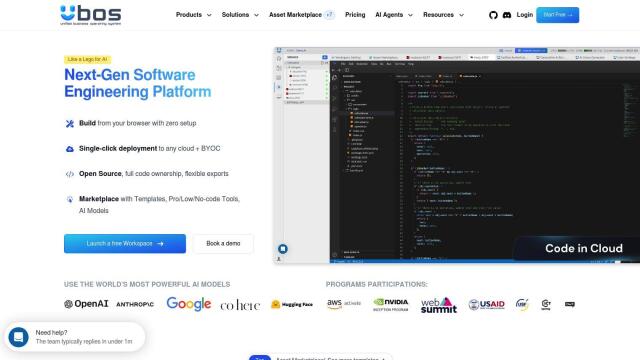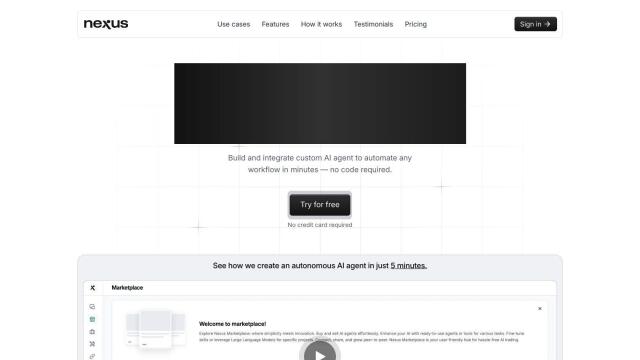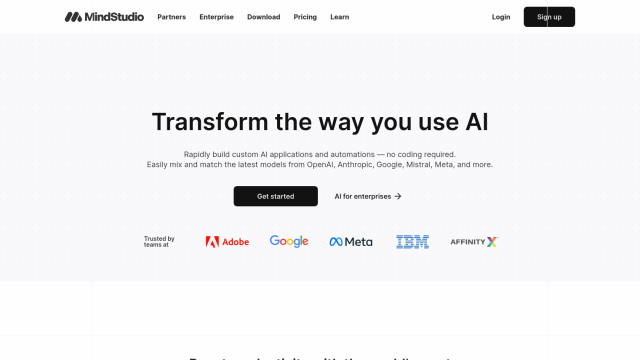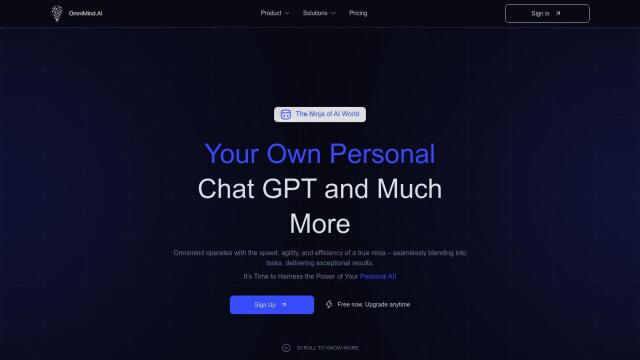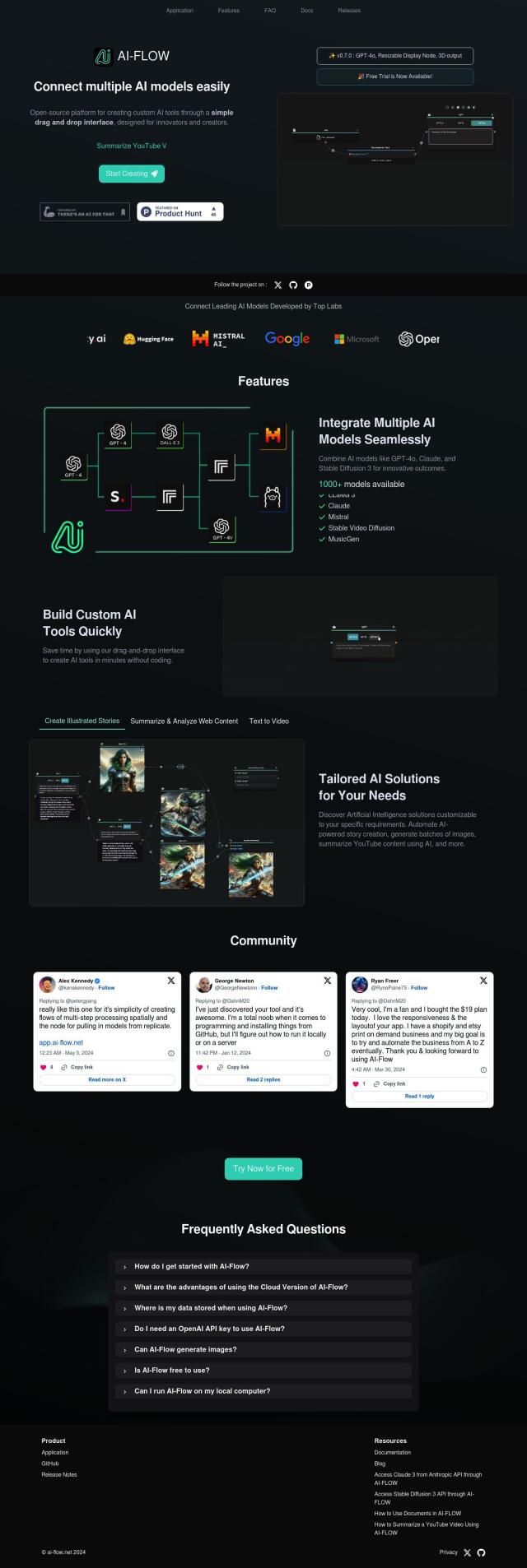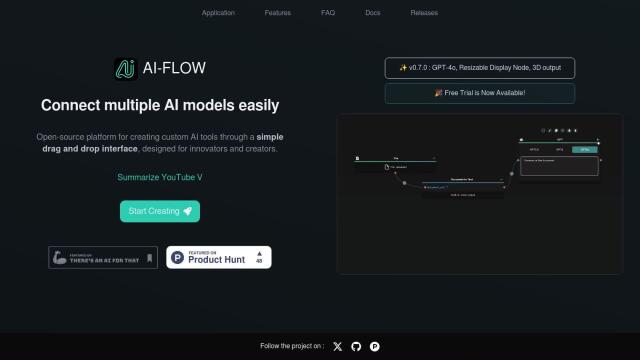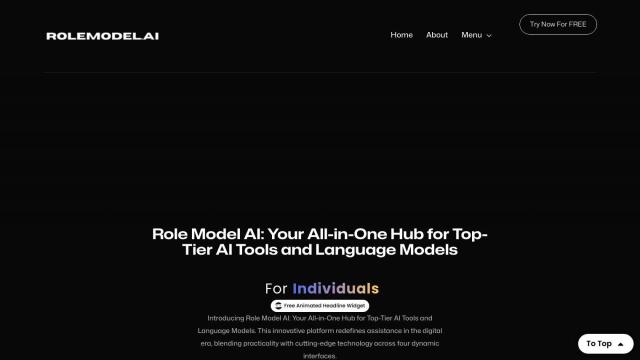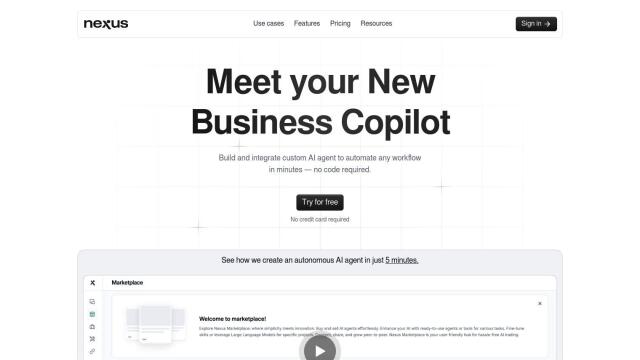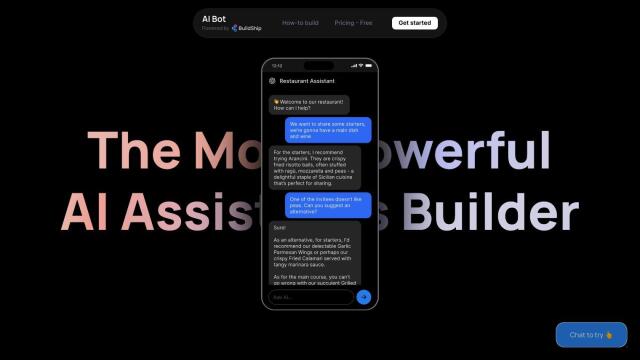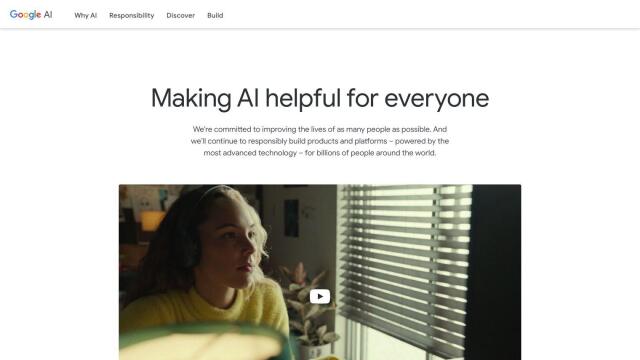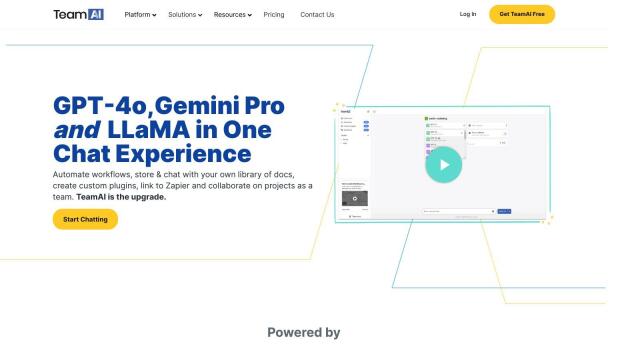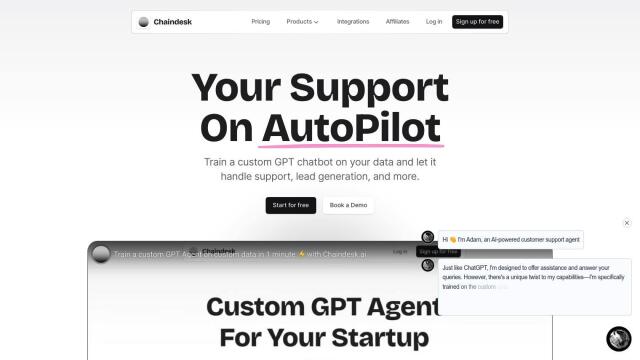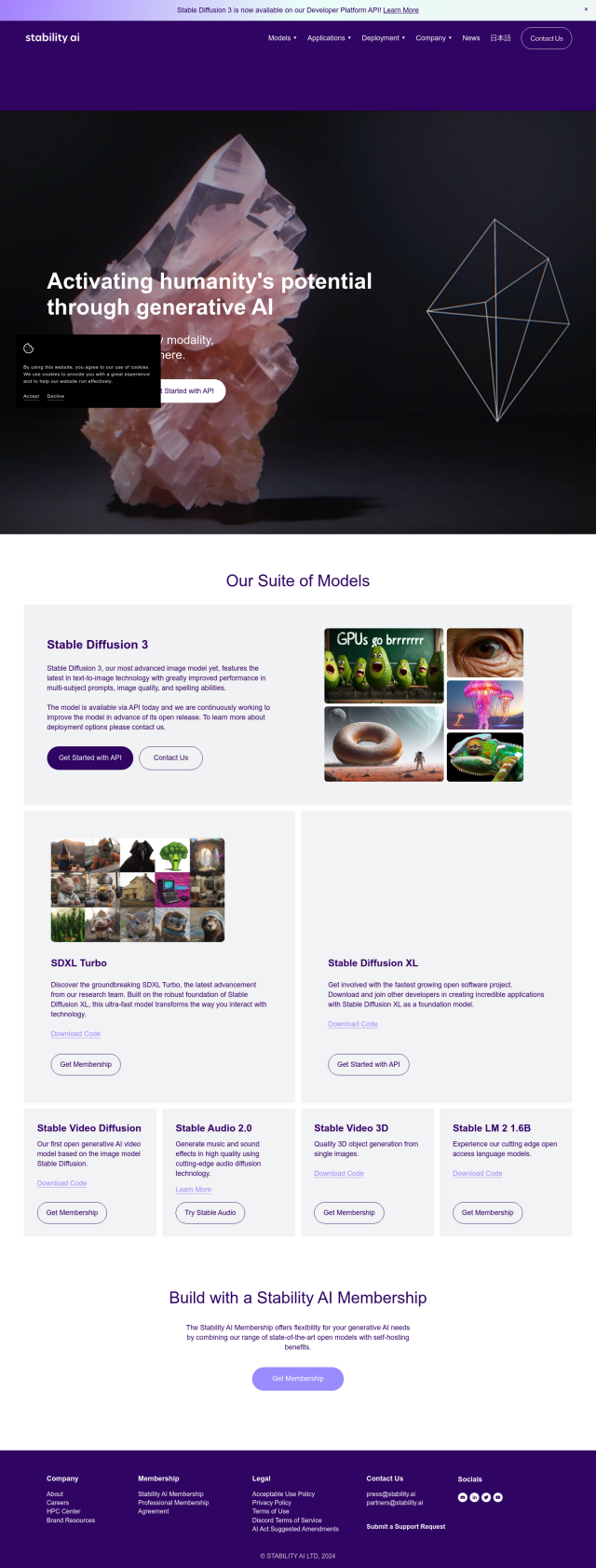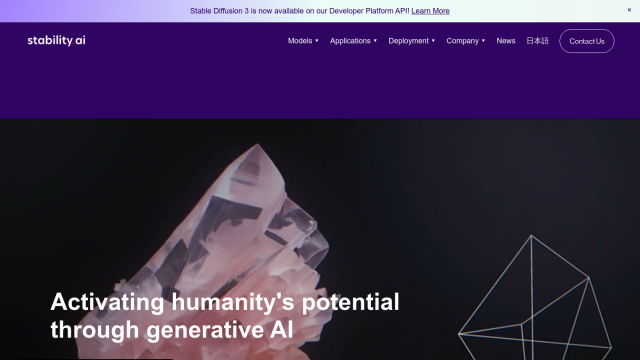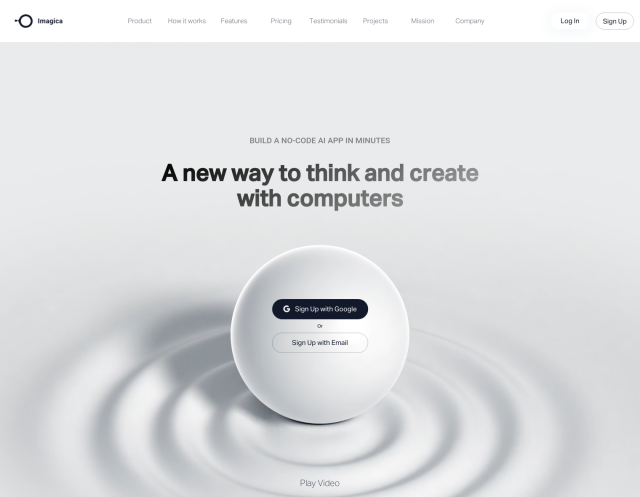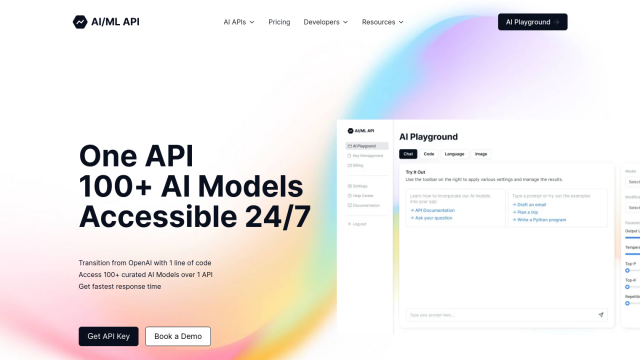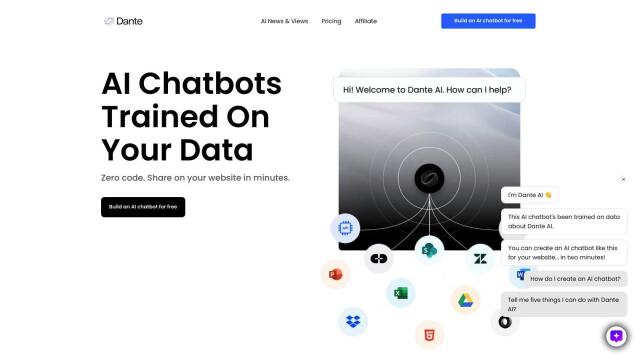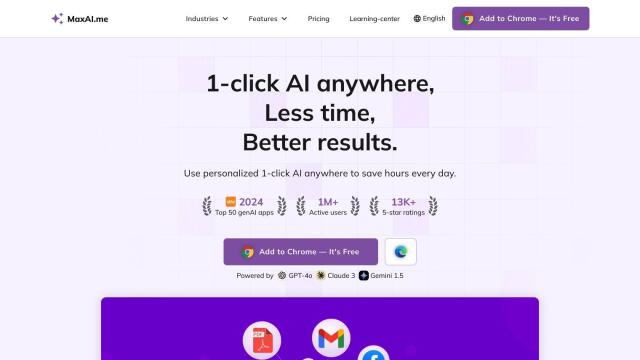Question: Can you recommend a tool that enables me to build and integrate AI models with popular platforms like Discord and Unreal Blueprints?

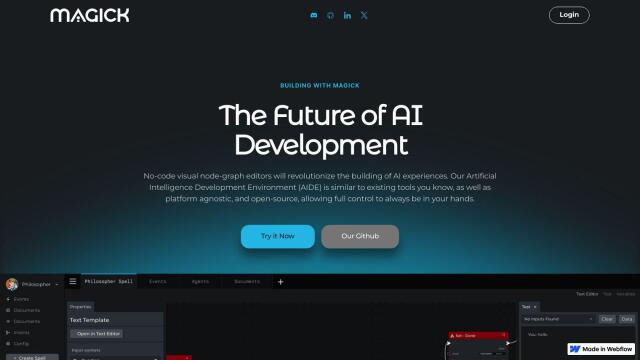
Magick
If you want to create and integrate AI models with other tools like Discord and Unreal Blueprints, Magick is worth a look. It's an all-in-one, no-code environment for designing, deploying, managing and scaling AI agents, bots and applications. It's got tools like a visual node builder for building code, a powerful document processor and real-time event-driven response system, and it's got integration with Discord and Unreal Blueprints, so it's good for gaming, media and services agencies.

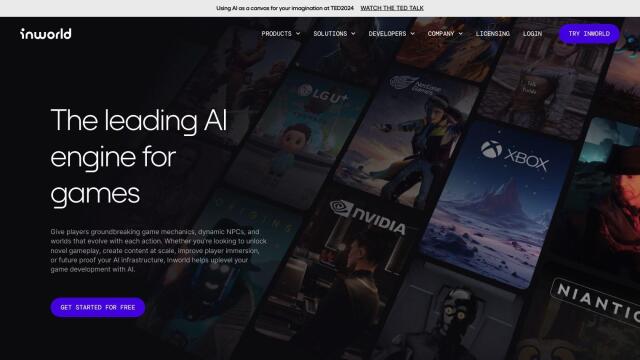
Inworld
Another good option is Inworld, geared for game developers. It's got a real-time AI engine, content creation studio and customizable AI infrastructure so you can build games with realistic AI agents and dynamic NPCs. It integrates with multiple game projects and has tools for character creation, scene creation, dialogue management and AI voice generation to keep players engaged and retain them.

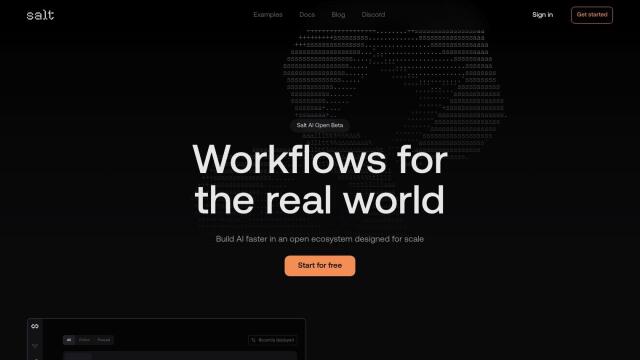
Salt AI
If you want a lightweight and scalable option, Salt AI has a platform to rapidly build and deploy AI workflows, including integration with Discord. Its features include Perplexity-like Search, Context Aware LLM Chat and LLM Agent Playground, so it's good for developers who want to try out AI workflows like chatbots and image upscaling. Salt AI is geared for high-performance capabilities and rapid deployment.


Dify
Dify is another open-source foundation for building and running generative AI applications. It includes a visual Orchestration Studio for designing AI apps, secure data pipelines and customizable LLM agents. Dify can be used to rapidly deploy chatbots and AI assistants, making it a good option for businesses and individuals who want to build AI securely and efficiently.

